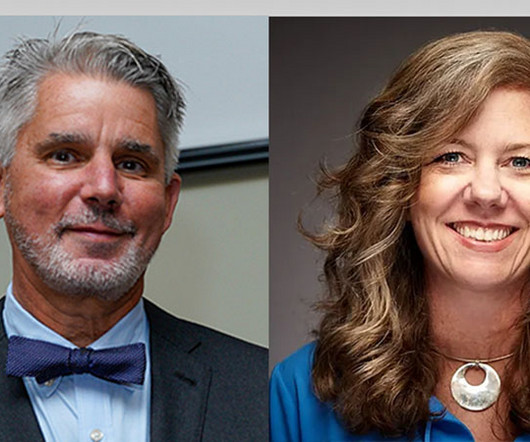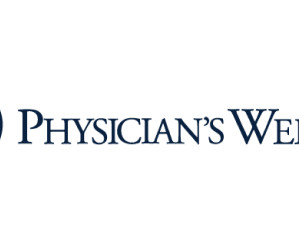Finding the Right Clinic: A Guide to Quality Care
Plum Health
OCTOBER 11, 2024
Your ongoing appointments help foster a strong patient-doctor relationship , making it easier to discuss your concerns and receive personalized care. Do you prefer a full-service medical center or a walk-in clinic? Your choice can impact how easily and quickly you can access care, particularly in non-emergency situations.












Let's personalize your content